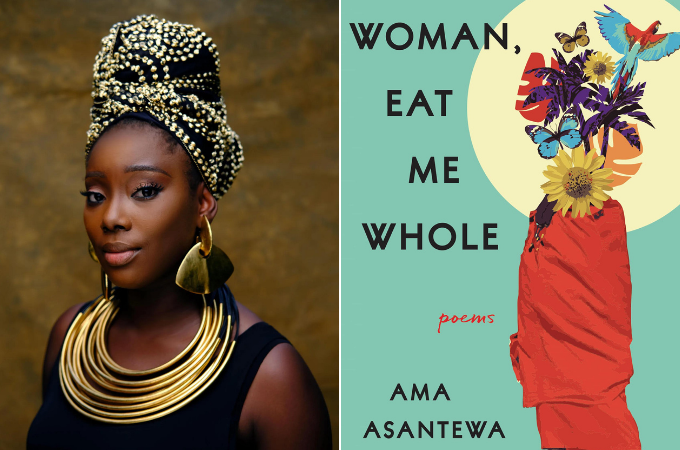
Woman, Eat Me Whole is the debut poetry collection by Ghanaian poet Ama Asantewa Diaka. The collection has been a long time coming. After multiple rejections, Diaka finally signed a deal with Ecco Press, a HarperCollins imprint, and the book is finally out in the world for readers to experience. It was published on April 5. Having built a career on spoken-word artistry, Diaka compiles her work in this standout debut.
The 48 poems in the collection explore themes of beauty, mental health, trauma, womanhood, and more. Diaka presents a rich representation of the female body and experiences against the backdrop of societal expectations while drawing from her experiences in Ghana and the US.
In an interview with Okay Africa, she said that the book is really about inspiring women to go all the way with their dreams, guided by an intimate sense of their power:
I hope that they get the permission to rage, to dream and to ask for more as a woman. That book is very entrenched in womanhood – both women in the past, future, present and self. A lot of the work is written from the perspective of womanhood so I hope anyone who reads it regardless of gender will have the permission to either themselves rage, dream, ask for more or give women the space to do all these things.
Celebrated poet Kwame Dawes praises the book for how it brings a deep metaphysical vision to the feminist imagination.
In Ama Asantewa Diaka’s collection, Woman, Eat Me Whole, the great invention is in her manner of reconfiguring the metaphysical into a deeply African, even Ghanaian reckoning with the body of the woman—it is thick with blood, flesh, and ferocious intelligence…Diaka’s meditations—revealing, complicated and elegant—take the most endearing and engaging risks, even as she produces verse of urgent and timely relevance. Her poetic presence in the world excites me greatly.
Another feature of Diaka’s writing is the focus on experience. She draws inspiration from her own life as it has been shaped by difficult questions about womanhood, blackness, and diaspora experience. This adds to the visceral intensity of her poetry to which Dawes alludes in his remarks.
Diaka also has deep ties to performance poetry. She blends music and spoken word artistry in her poetry. She has been involved in building feminist communities around art, as well as making space for African and diaspora writing through the journal Tampered. All of this feeds into her poetry and why it is a welcome addition to contemporary African writing.
************
Buy Woman, Eat Me Whole: Amazon | Bookshop.org
If you are in Ghana, but it HERE.
************
Photo by Odartey Aryee via Okay Africa


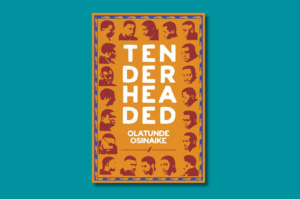
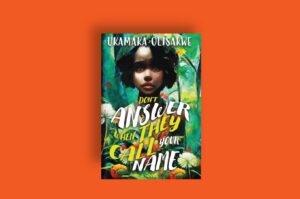

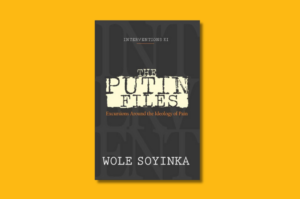
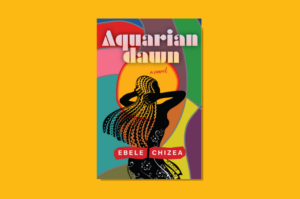
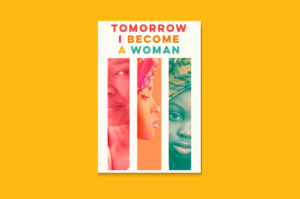

COMMENTS -
Reader Interactions